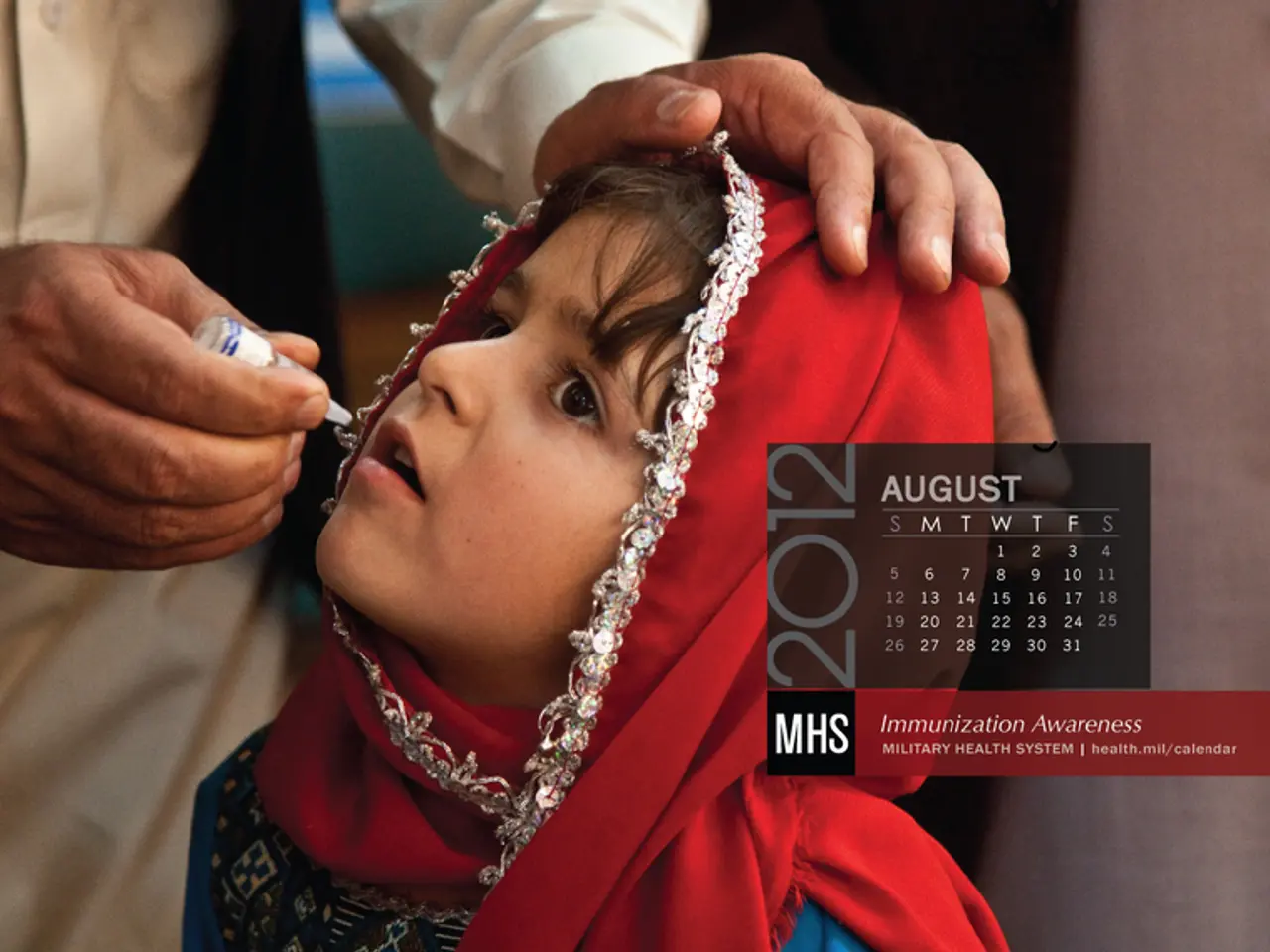What is the destiny of Corona (COVID-19)?
In the ongoing battle against the coronavirus, a heated debate is raging about the balance between individual freedom and government restrictions, particularly concerning vaccination and personal responsibility. This debate is multifaceted and complex, with various perspectives shaping the discourse.
Legal and Constitutional Perspectives
Courts consistently apply the precedent of Jacobson v. Massachusetts (1905), which upholds that government vaccine mandates are generally constitutional if there is a rational basis related to public health. Recent rulings confirm that vaccine mandates do not violate fundamental rights to bodily integrity or medical freedom under the Fourteenth Amendment, deferring to government authority in public health emergencies.
Medical Freedom Movement
On the other side of the argument, advocates argue for the right to refuse government-mandated medical treatments, including COVID-19 vaccines, citing personal or religious liberties. This perspective emphasises personal healthcare autonomy and distrust of government interventions, viewing mandates as infringements on fundamental liberties.
Scientific and Institutional Debates
Disagreements persist within the scientific and medical communities about vaccine policies. Some professional groups criticise federal advisory processes for lack of transparency and politicisation, which they argue undermines public confidence. Notably, the American Academy of Pediatrics publicly diverged from government vaccination guidance for young children, signalling ongoing debates about the balance between evolving scientific evidence and policy.
Public Trust and Government Authority
There is growing concern that federal agencies are losing their "monopoly over scientific truth," as independent expert groups scrutinise and sometimes contest official vaccine recommendations. This dynamic feeds into broader societal debates over trust, misinformation, and the appropriate scope of government power in health crises.
Personal Responsibility
While public health policies emphasise community protection via vaccination mandates, proponents of individual freedom stress personal responsibility in making healthcare decisions without coercion. This frames the debate as a tension between collective safety and individual liberty.
In Rhein-Kreis Neuss
Meanwhile, in Rhein-Kreis Neuss, the number of confirmed coronavirus cases has risen to 511, an increase from 497 the previous day. The majority of deaths in Rhein-Kreis Neuss are due to causes other than coronavirus, with approximately 96% of all deaths being unrelated. Since March 2020, a total of 5,301 people have died in Rhein-Kreis Neuss.
Vaccination against coronavirus does not guarantee immunity from the disease, and currently, 14 people with coronavirus are hospitalised, up from 13 the previous day. Severe cases after vaccination are relatively rare. As of now, approximately 70% of the population in Rhein-Kreis Neuss is vaccinated against coronavirus.
Jens Spahn, the Health Minister, has spoken about an approaching "Freedom Day." Approximately 9,276 people are estimated to die in Rhein-Kreis Neuss over 21 months, with 373 deaths related to coronavirus, equating to 4.02%.
For those interested in social developments, culinary arts, art, and culture in Neuss, a free newsletter is available for subscribers. The newsletter does not send spam, as stated in their Privacy Policy. Stay informed and subscribe today!
- In the realm of medical freedom, advocates assert the right to refuse government-mandated treatments such as COVID-19 vaccines, stating it as a matter of personal or religious liberties and healthcare autonomy.
- Scientific and medical communities continue to have differences of opinion about vaccine policies, with some professional groups criticizing federal advisory processes for perceived lack of transparency and politicization, believing these factors undermine public confidence.
- Meanwhile, in the general news and politics landscape, the discussion surrounding the balance between individual freedom and government restrictions, particularly concerning vaccination and personal responsibility, remains a significant topic of contention.




